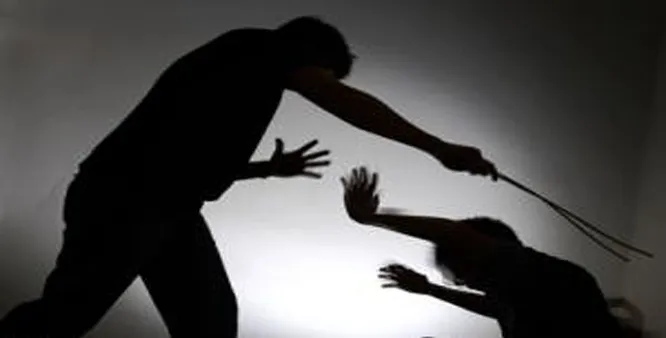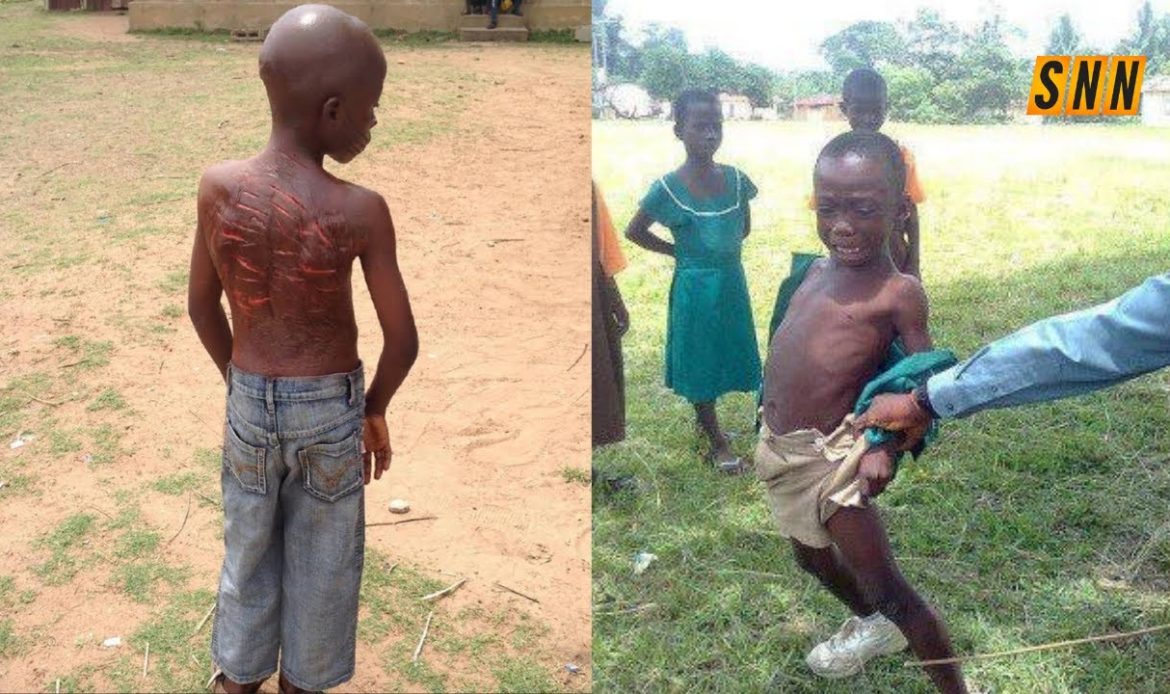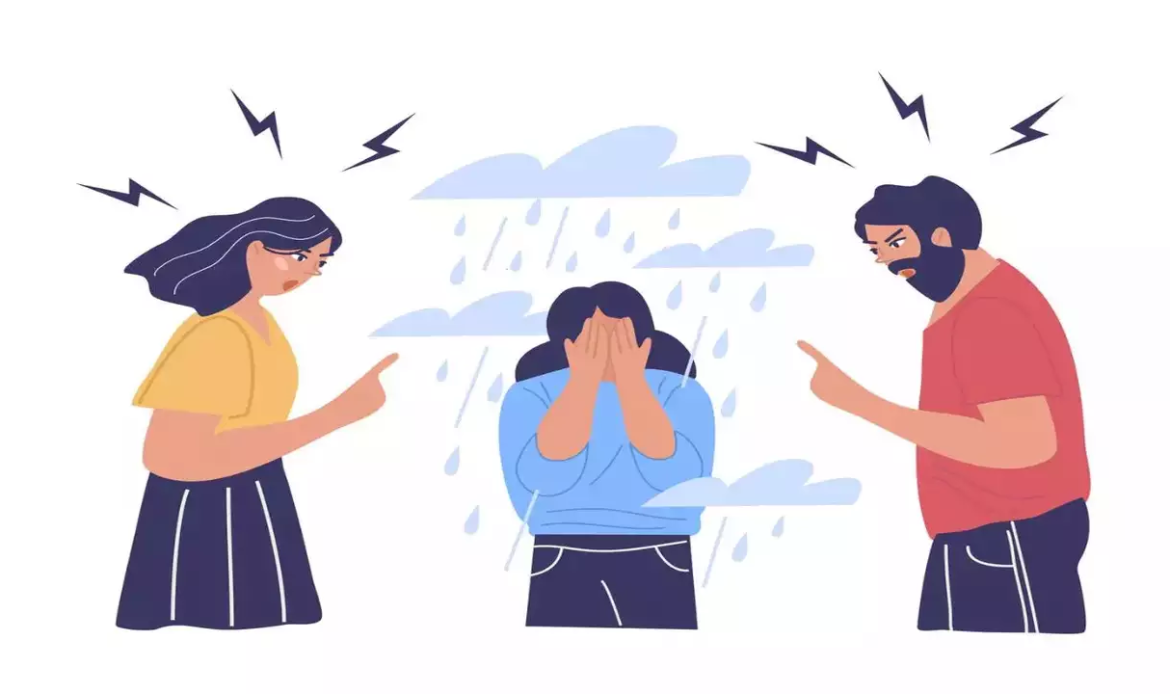This article was published in The Citizen Newspaper – Tanzania on 11th June 2024.
For ages the human society has learnt from traditional and popular wisdom that pain induces learning of higher virtues and abilities. This is reflected in some ancient philosophies as well as religious teachings.
While in some instances pain brings about endurance and adaptation for more difficult tasks, the reality that pain causes damage should not be ignored. In terms of learning, and especially for children, the painful way is not the best way.
In African societies, strict parenting is taken as normative and the most promising. While this can be true, it is good to examine the content, context and reasonable and functional boundaries of the same.
That is, to what extent is the attitude of a parent a positive force and to what extent it is in; either a floundering and helpless laxity, or rather another extreme, a dangerous severity.
There have been extreme cases of cruelty done to children by parents and guardians in the course of behavioural correction. Such extreme or repeated infliction of pain has a strong impact in the life of the young persons. Many grow up with an exaggerated fear and they lose self-esteem and capacity to integrate appropriately as free people who can learn and achieve in life.
While ‘spare the rod, spoil the child’ has survived to be an unwritten parenting principle, it is not the only thing that parents should offer to their children. Cruelty does not decrease resistance to change of behaviour. It has more potentiality to do the opposite, making it almost impossible to achieve the desired result.

Besides, when we speak of learning, if we follow the approach of an American thinker, Bernard Lonergan, the experience of the child will have huge influence in their understanding as well as judgement.
As such when treated with love, children learn to be loving, and when treated with cruelty they internalize the same.
In line with that we still have a problem of covering up abusive situations within the family circles.
The fears of the family members is to lose the perpetuators for the jails, and there probably will be an impending revenge upon their return.
What can be done here is to invest in teaching children to identify abuse in their homes and find ways of preventing escalation. Unless assured of their safety it is difficult to assume that they will open up about such.
We also need more and more campaigns about the dignity as well as vulnerability of children. Today the social media can help to pass that knowledge and save a child somewhere. Some parents and guardians treat children as animals or anything less than human.
Children are beaten with iron rods, burnt with hot iron/fire, tied like criminals, abused verbally, hit with heavy objects, mutilated, locked outside in the cold, and some even stabbed or strangled to death. These things happen around us, in the same society we live in.
Even if a child is to be punished for wrongdoing, the punishment given should be proportionate to the offense committed. A child should be told that he or she is loved which is the reason of being punished for wrongdoing. The child should also be listened to, and have her questions answered such that it is an objective rather than emotive exchange.
Besides, not every wrongdoing requires punishment, otherwise most of us would have died long time ago. Some issues can be addressed verbally calmly. It is easy to learn when one is in a settled state of mind; when confronted with threats and fears he human instinct is to try defending oneself, either verbally or physically as the case may be.
Parents and guardians need to gradually yet firmly establish a parenting margin where regardless of the friendliness with children, they cannot trespass. This is important in order to be both loving and authoritative, meaning, capable of giving directions. An extreme of lax parenting is a dangerous one as it creates anarchy in the household, which later piles up negative emotions which can push one to overreact and cause harm in the long run.

While in our spoken language, the Kiswahili word ‘Mkali’ is used for a strict parent; connotatively it suggests an underlying reality which leans more towards the negative.
As such when acknowledged as a strict parent is good to examine it and know why we are taken for that.
To end with, there are traditional beliefs amongst some ethnic groups which tend to glorify child abuse, especially beating.
These social realities of normalized abuses have also corrupted our education system, especially in primary and secondary schools where despite new directives regarding corporal punishment, there are extreme cases.
Many teachers take the behaviour of students personally which makes them act in manners that are unacceptable by guidelines of standards of practice. We need multisectoral collaborative effort and regular awareness programmes to bring child abuse to an end.
